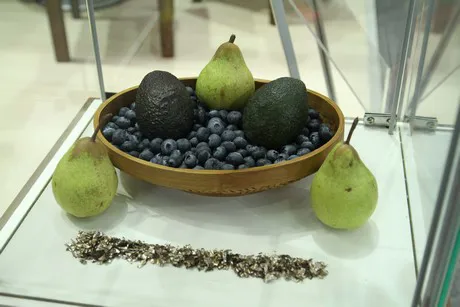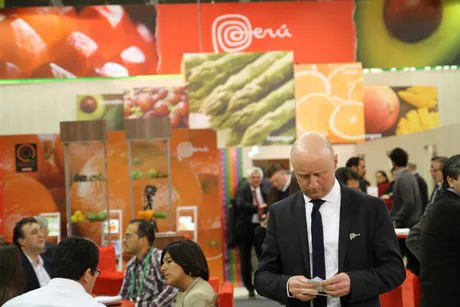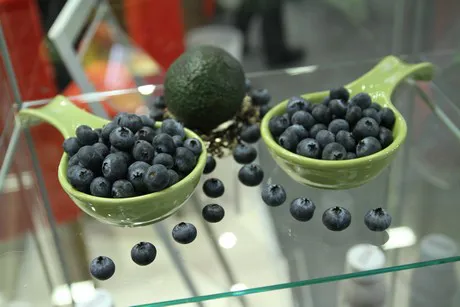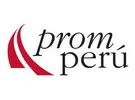The Peruvian agricultural industry has enjoyed really good results in 2015 and its growth prospects are also positive. Peru's Commission for the Promotion Exports and Tourism, PROMPERÚ, has carried out an analysis.

According to figures from PROMPERÚ, all initial prospects have been exceeded. A 7% growth in exports was expected by Mid-September which eventually reached 13%. The fresh fruit and vegetable industry alone has exceeded 2,000 million dollars. Grapes, asparagus, avocados and mangoes are the most exported products, as usual, but other products with lower market shares, such as blueberries (+217%), mangoes (39%) or organic bananas (+2%), have registered increases.
The opening of several markets, especially in Asia, has been the main reason for this increase; for example, fresh mangoes have gone to South Korea, avocados to Japan and China, blueberries and mangoes to Canada and the United States. Europe remains an important market.
"Our agricultural exports go mainly to Europe (41%) and the United States (40%) and the rest is mostly shipped to Asia (12%)," explains Luis Torres, director of Export Promotion at PROMPERÚ. "In our penetration and positioning strategies, Asia is our biggest priority. We have a network of important trade agreements with China, Japan, Singapore, South Korea and Thailand. Furthermore, with the Trans-Pacific cooperation agreement we will access new markets, such as Vietnam, Brunei, Malaysia and New Zealand. We have a number of trade agreements that give us preferential tariffs, as well as a working agenda in phytosanitary issues." He added that Russia offers great market opportunities for Peru as a result of the European veto, and that they will take advantage of it in the most efficient manner.

As regards the United States, Peru already has a very good agreement, which has enabled the country to have a standard for trade negotiations to guarantee future trade agreements with better conditions, as has been done in Europe.
"For us, Europe is a fundamental destination, because it is one of the most demanding markets worldwide, and that has given us a good reputation," affirms Torres, who mentions what the emerging products are in this market: blueberries and organic bananas. "These are in the process of penetrating the European market, with very encouraging prospects. While we are well-established in Europe, we are being asked to continue moving forward, becoming more involved in the retail market through campaigns and strategies shared between Peruvian entrepreneurs and European retailers, so that European consumers can become more aware of the nutritional possibilities and the health benefits of our fresh products." An example of this is the creation of the World Avocado Organization, chaired by Peru, which brings all major avocado producers together.
According to Torres, Peru has three very specific advantages over its competitors. "The first is the off-season. Our neighbours have very different dates of entry and exit from the market. For certain products, Peru comes a little before that time and we also finish later. Some products are supplied almost all year round."
"Our second strength is the wide variety of products we can offer. We do not have an extensive production of soybeans, rice, sugar, coffee or cocoa. We are specialised in certain product lines and we try to meet specific market demands. For example, we are able to supply the entire range of organic and fairtrade products demanded in Europe," he adds.
"Lastly, our third major advantage is the country's trade agreements." They allow, for example, for Peruvian products to be prioritised in Europe over those of many other countries worldwide."

Domestically, Peru is also investing in logistics infrastructure in order to improve its competitiveness, particularly in port infrastructure.
Offering the lowest price is not everything, according to Torres. "Our business strategy is based on variety, specialization and quality. Our exporters have learned to look at the big picture and plan for the long term. This is the most important aspect. Those trying to gain a good market position based solely on prices could be risking their investment, because prices in the market are constantly changing and producers are also exposed to crises and environmental changes, etc."
Peru is growing both in value and volume. "Our agricultural exports must be doubled every five years," says Torres. For now, they are succeeding. The acreage will also be expanded soon, with the development of no less than six irrigation projects along the coast of Peru, as well as in the highlands, where Andean grains are grown, and in the jungle, where exotic fruits are cultivated.
"All this work is the result of a public-private partnership intended to promote exports," concludes Torres.



 More information:
More information:



 More information:
More information: